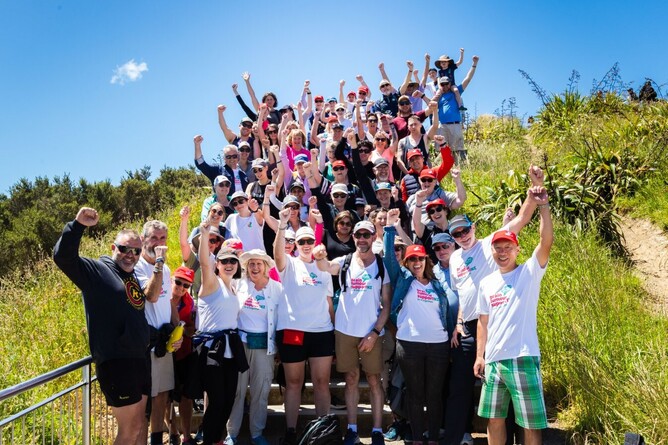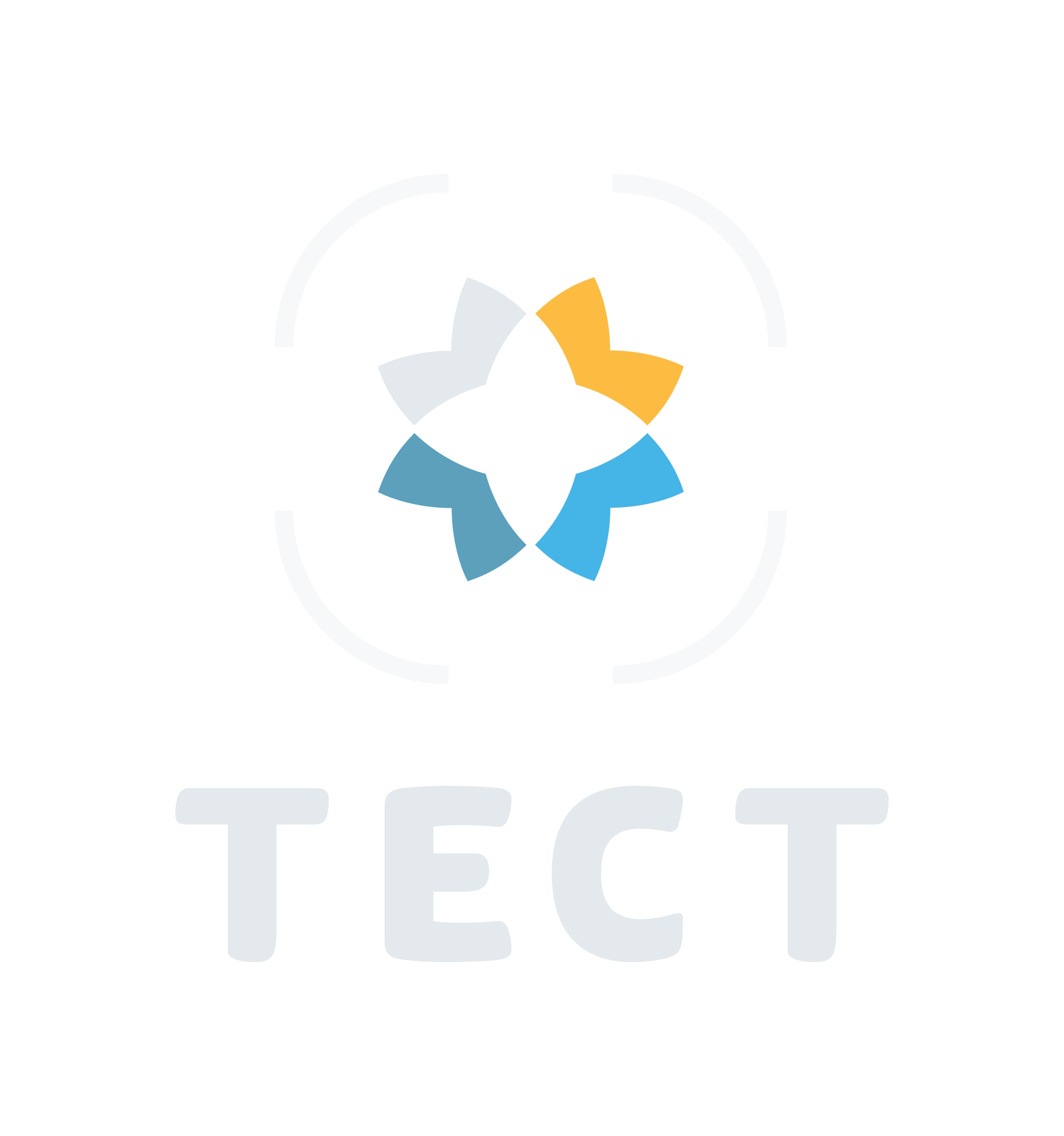When it comes to a negative health diagnosis, most people will know where to turn to for additional assistance and support if they’re one of the unlucky people to suffer from a stroke, heart attack, or breast or prostate cancer. That’s because these conditions are widely spoken about. What still isn’t widely spoken about are brain tumours.
When Mandy Bathan was diagnosed with a brain tumour in 2019, she looked for additional support and information and realised there was nothing outside of the hospital and neurological specialists to support people like her once at home. The need for support for newly diagnosed patients and those further down the pathway living with this degenerative disease wasn’t met locally. With the assistance of some friends, they created Brain Tumour Support NZ in 2019 and have since been raising awareness around brain tumours, aiming to make the difficult journey that little bit easier on patients, caregivers and whānau.
Brain Tumour Support NZ provides information, support, and guidance to patients, their whānau, and friends. They advocate for the best treatments, care, and support to achieve the best outcomes and quality of life for patients. Prior to the organisation’s establishment, New Zealanders affected by brain tumours were getting much of their information from Google and overseas websites. The problem with that was that the information didn’t fit Kiwis, as we aren’t a large country with the population sizes of the United States or the United Kingdom, and our health systems are very different.
Sarah Gibb, Brain Tumour Support NZ volunteer and trustee, shares that one of the organisation’s goals is to raise awareness around brain tumours. “However, it’s a predicament. If we’re reaching more people, it means more people are getting tumours, and we don’t want that. Instead, we want people to hear about us early before they need us, so they know we are here if something does happen to one of their whānau or friends.”
“We are building a community to ensure people feel connected to others during a scary journey. We aim to help people overcome their fear of the unknown, eliminate the isolation brain tumours often bring, and improve people’s knowledge and understanding of this disease,” says Sarah.
Because brain tumours don’t discriminate when it comes to age, race, gender or lifestyle, a diagnosis often comes as a complete shock. The challenge is that brain tumours are often terminal, and the societal understanding is poor as you can’t stick a Band-Aid on to show others you’re unwell. Living with a brain tumour is like having three diseases rolled into one. First, it could be cancer or a tumour that requires aggressive treatments such as surgery, radiotherapy, and chemotherapy. Secondly, it is a degenerative neurological condition affecting cognitive function, behaviour, and personality. Third, it causes physical deficits such as balance, mobility, vision, and hearing issues.
With around 350 New Zealanders diagnosed with brain cancer each year, a similar number will pass away that year also. Adding the number of people impacted by non-cancerous brain tumours and the total surpasses 1,200 annually. Regular comments are that the impact is enormous because the journey is so sudden and life-changing. No two cases are the same; each person's tumour can cause varying symptoms and complications which affects them and their whānau differently. This is where Brain Tumour Support NZ comes in.
They provide simplified practical support to better understand what can happen throughout the journey. Brain Tumour Support NZ supports patients and families in four ways: Brain Boxes, Support Friends, Online Support Groups and Facebook Support Groups.
Brain Boxes are boxes anyone can order for patients and their families, delivered completely free of charge within Aotearoa New Zealand. These contain several essential items for newly diagnosed patients and their caregivers, along with patient guides to help navigate the journey. Feedback from those who have received a Brain Box shows their impact.
“A lovely support package full of information and useful gifts. This box is a ray of sunshine while dealing with this health condition. Thank you so much. It made us feel we weren’t alone on this journey.”
Support Friends offers patients a buddy who has been through something similar, providing one-on-one support to simply talk and ask questions. Whilst the five monthly online support groups are run via Zoom, allowing people to join in for large discussions and share stories. The Facebook support groups, however, offer a group for patients, one for caregivers and one for parents of children with brain tumours. These groups are led by volunteers with lived experience and help reduce isolation through the journey.
“I am completely overwhelmed by the service you offer. Thank your whole team from the bottom of my heart. I never knew you existed until we went through this hell with my Dad. It happened so suddenly. Having support from others that understand what we are experiencing was invaluable.”
Brain Tumour Support NZ recently received a $5,000 grant from TECT towards their operations and part-time support staff. With the Bay of Plenty being in the top five regions with the most requests for support, this funding will be beneficial to ensuring locals get the support they need during their journey.
TECT Trustee Peter Farmer says, “Whether it is parents of a 2-year-old child or someone’s 80-year-old Dad, brain tumours can appear in people’s lives with often no warning and turn their world upside down.”
“Brain Tumour Support NZ has already grown the brain tumour community and strengthened its impact around the country compared to only a few years ago,” says Peter, “TECT wants to support their work and assist them to continue building awareness and making things that little bit easier for patients and their families.”
As a small health-based community organisation, Brain Tumour Support NZ relies on the support of the wider community, whether it is volunteers or one-off supporters donating money or buying ‘Brainy Beanies’.
To learn more about Brain Tumour Support NZ and how you can support their work, check out their website here.




